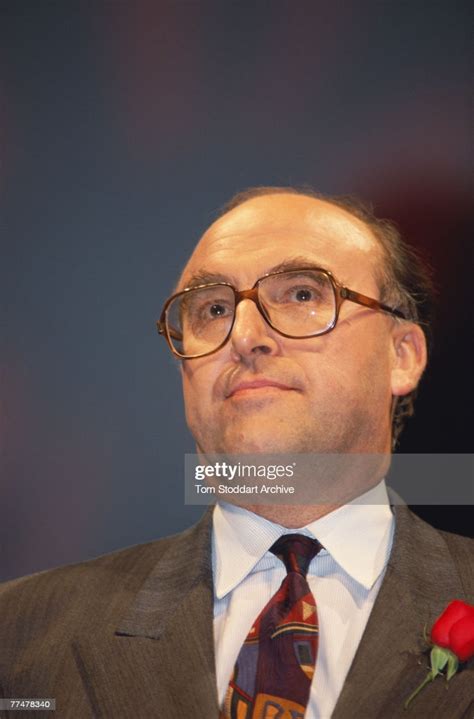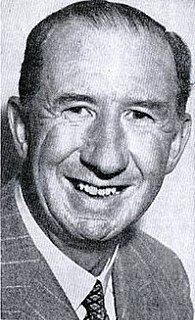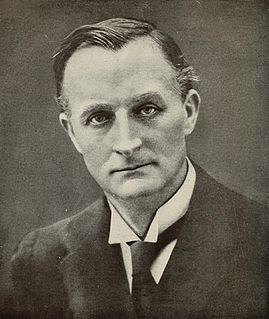A Quote by John Smith
History is the memory of time, the life of the dead and the happiness of the living.
Related Quotes
Memory is a dead thing. Memory is not truth and cannot ever be, because truth is always alive, truth is life; memory is persistence of that which is no more. It is living in ghost world, but it contains us, it is our prison. In fact it is us. Memory creates the knot, the complex called the I and the ego
It is thought that the virus is a degeneration from a more complex life form. It may at one time have been capable of independent life. Now has fallen to the borderline between living and dead matter. It can exhibit living qualities only in a host, by using the life of another-the renunciation of life itself, a falling towards inorganic, inflexible machine, towards dead matter
For the survivor who chooses to testify, it is clear: his duty is to bear witness for the dead and for the living. He has no right to deprive future generations of a past that belongs to our collective memory. To forget would be not only dangerous but offensive; to forget the dead would be akin to killing them a second time.
What is memory but the repository of things doomed to be forgotten, so you must have History. You must have labor to invent History. Being faithful to all that happens to you of significance, recording days, dates, events, names, sights not relying merely upon memory which fades like a Polaroid print where you see the memory fading before your eyes like time itself retreating.
Some day soon, perhaps in forty years, there will be no one alive who has ever known me. That's when I will be truly dead - when I exist in no one's memory. I thought a lot about how someone very old is the last living individual to have known some person or cluster of people. When that person dies, the whole cluster dies,too, vanishes from the living memory. I wonder who that person will be for me. Whose death will make me truly dead?
But pain may be a gift to us. Remember, after all, that pain is one of the ways we register in memory the things that vanish, that are taken away. We fix them in our minds forever by yearning, by pain, by crying out. Pain, the pain that seems unbearable at the time, is memory's first imprinting step, the cornerstone of the temple we erect inside us in memory of the dead. Pain is part of memory, and memory is a God-given gift.
Life cannot be cut off quickly. One cannot be dead until the things he changed are dead. His effect is the only evidence of his life. While there remains even a plaintive memory, a person cannot be cut off, dead. And he thought, “It’s a long slow process for a human to die. We kill a cow, and it is dead as soon as the meat is eaten, but a man’s life dies as a commotion in a still pool dies, in little waves, spreading and growing back toward stillness.
I love art, and I love history, but it is living art and living history that I love. It is in the interest of living art and living history that I oppose so-called restoration. What history can there be in a building bedaubed with ornament, which cannot at the best be anything but a hopeless and lifeless imitation of the hope and vigor of the earlier world?
The time must come to all of us, who live long, when memory is more than prospect. An angler who has reached this stage and reviews the pleasure of life will be grateful and glad that he has been an angler, for he will look back on days radiant with happiness, peaks of enjoyment that are no less bright because they are lit in memory by the light of a setting sun.


































